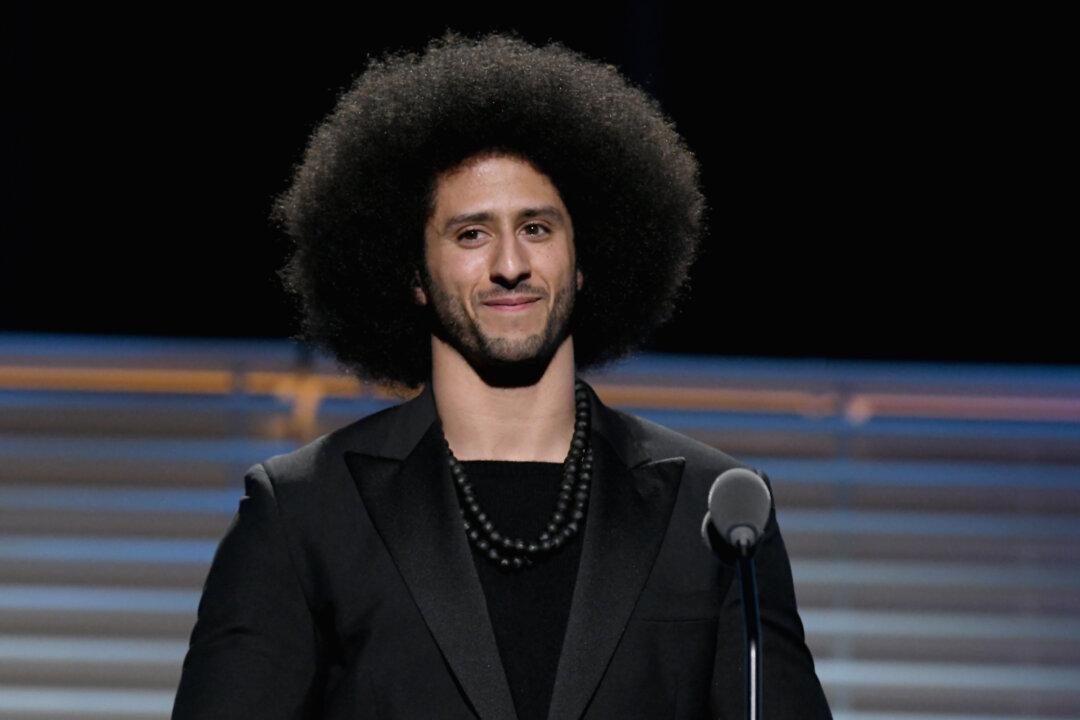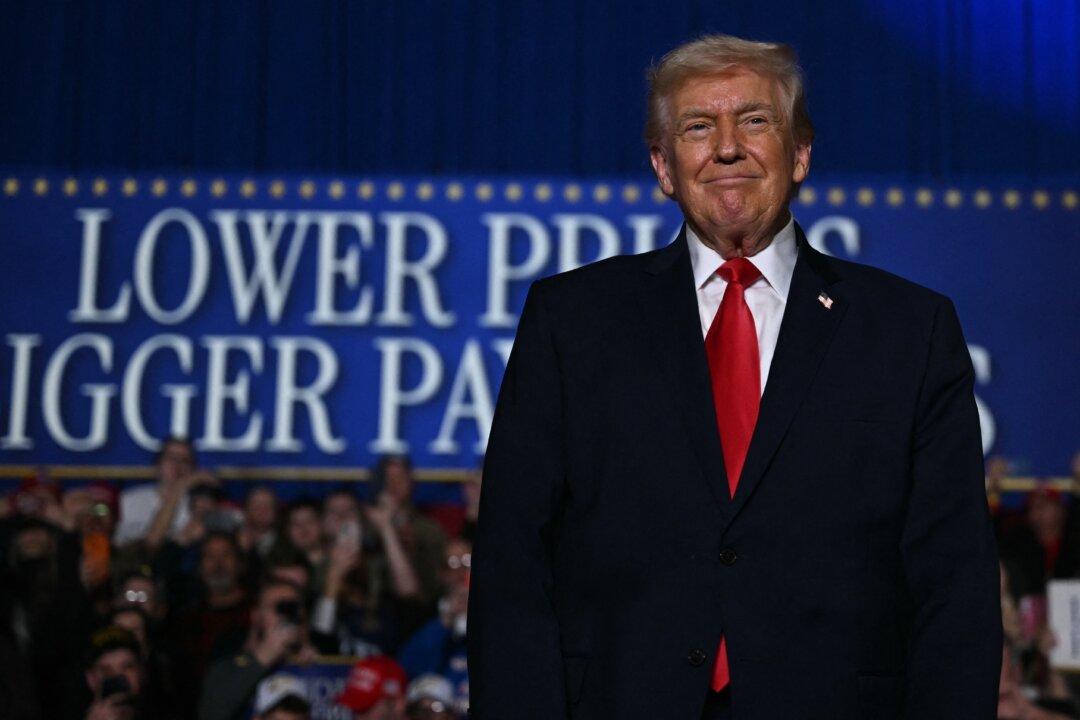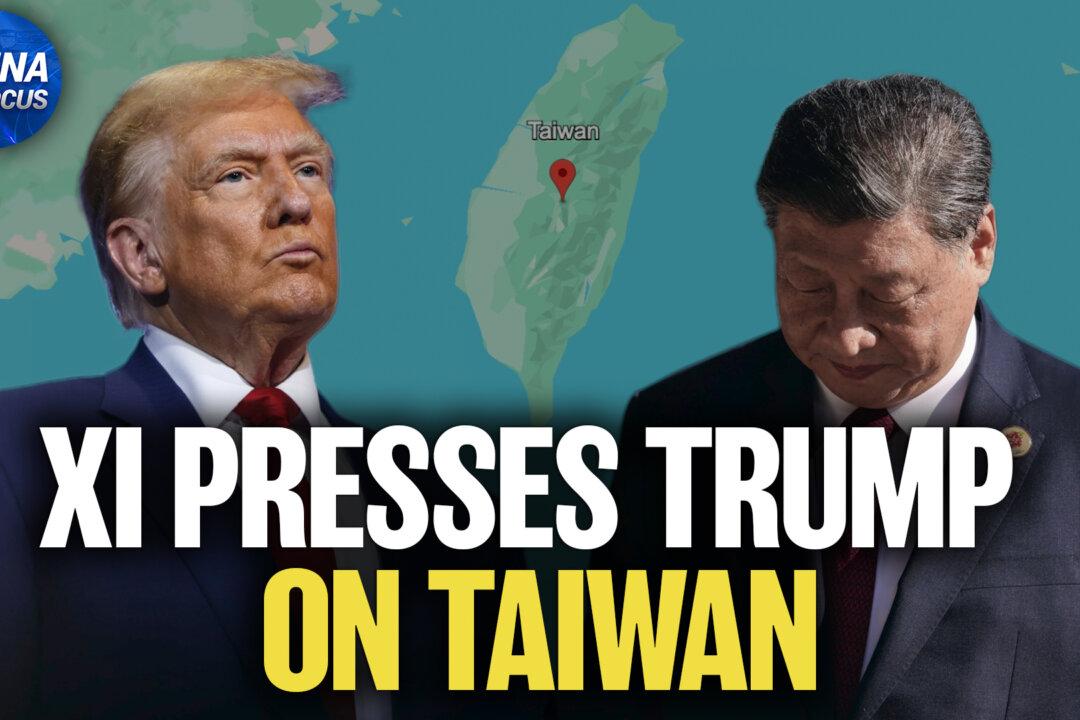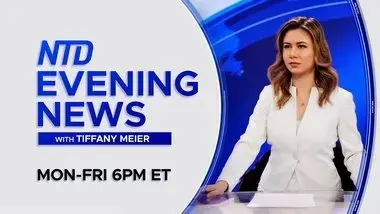The NFL and former San Francisco 49ers quarterback Colin Kaepernick and Carolina Panthers safety Eric Reid jointly announced Friday, Feb. 15, they have settled a complaint of collusion by the players, who claimed football team owners blackballed them because they had protested by kneeling during the pre-game playing of the National Anthem, according to new reports.
“For the past several months, counsel for Mr. Kaepernick and Mr. Reid have engaged in an ongoing dialogue with representatives of the NFL,” the statement read. “As a result of those discussions, the parties have decided to resolve the pending grievances. The resolution of this matter is subject to a confidentiality agreement so there will be no further comment by any party.”





